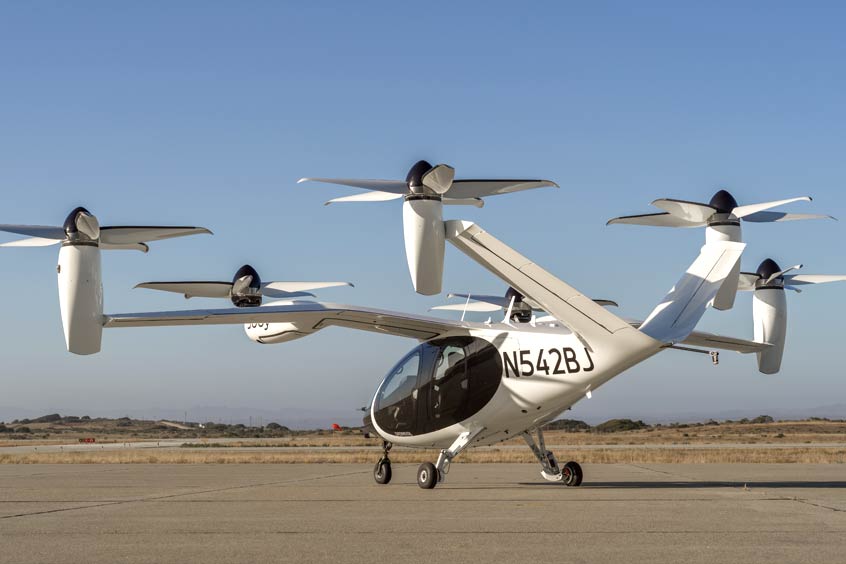Why visit ACE ’25?

Joby Aviation has released its first annual environmental, social and governance (ESG) report. The report, which covers Joby's progress through 2022, marks a first step for Joby and the wider eVTOL industry in understanding the holistic impact of its manufacturing and planned operations. It also allows the company to gain a deeper insight into areas for improvement as it grows.
The development of the report was led by newly-appointed sustainability lead Claire Boland, who brings a decade of expertise leading multinational organisations on strategy and execution of greenhouse gas measurement and reduction, sustainable sourcing and circular product development, including roles at PVH Corporation and PepsiCo.
“I'm delighted to join a company that is changing the future of transportation for the better while being transparent about how we impact the environment and local communities,” she says. “Every team member at Joby touches a part of this report. It's a first step that will help us build a robust plan of action to ensure the company positively impacts the environment, the people who work here and the larger communities we operate in.”
The report includes programme and performance metrics across safety and ESG topics. These include Joby's approach to safety strategy, the company and its aircraft's environmental impact, team member demographics and corporate governance structure.
Included in the report are the results of what is believed to be the eVTOL industry's first comprehensive life cycle assessment (LCA) to include both manufacturing and operations, which was undertaken in partnership with the US Department of Energy's National Renewable Energy Laboratory.
Based on the company's knowledge at the time of the analysis, the LCA estimates the life cycle greenhouse gas impact of the Joby aircraft to be 1.5 times smaller than an electric car, assuming both vehicles are charged by 100 per cent renewable electricity, used for commuting purposes and manufactured at scale. Joby intends to continue analysing the projected environmental impact of its aircraft as it develops its production facilities and concept of operations.
“We intend to do everything we can to accelerate the aviation industry's transition to climate-neutral flight,” says founder and CEO JoeBen Bevirt. “This report marks an important step towards a deeper understanding of our environmental footprint, and we look forward to building on this foundation in the years ahead.”
In June, Joby celebrated the launch of production at its pilot production line in Marina, California, as the first aircraft built on the line secured a Special Airworthiness Certificate from the FAA, clearing it to begin flight testing. The aircraft is expected to be delivered to Edwards Air Force Base as part of a contract worth up to $131 million.